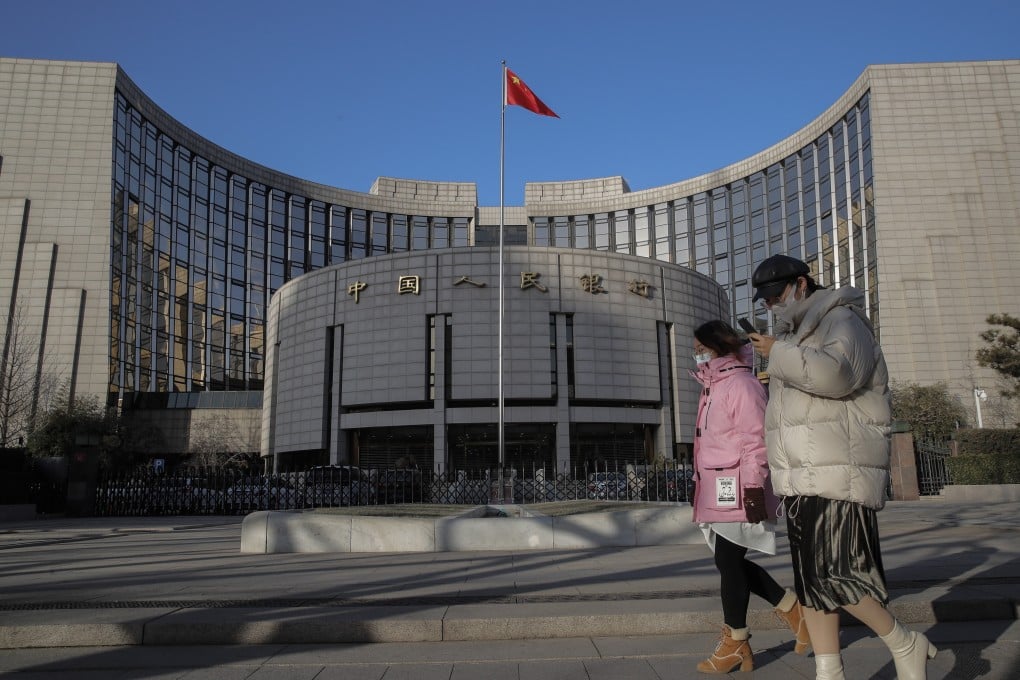Why China’s central bank leads antitrust drive and how this may affect Alipay, WeChat Pay
- The People’s Bank of China’s draft antitrust regulation forms part of its campaign to curb the rise in risks to the nation’s financial system
- The central bank has said its antitrust initiative was aimed at closing regulatory loopholes in payment services

The PBOC, however, is now flexing its regulatory muscle, putting “nonbank payment institutions” on notice that it could wield antitrust tools to discipline them.
The draft, which was published on Thursday to solicit public feedback through February 19, uses both “nonbank payment service” and “nationwide electronic payments” to describe the two markets that would fall under the PBOC’s purview. The central bank, according to its draft regulation, would allow it to determine a monopoly in the payments field and recommend suitable rectification, including breaking up these enterprises, to the antitrust authority under the State Council.
“It seems the central bank has found antitrust as a quite usable institutional tool [to regulate financial technology companies], but the tool is not in its own hands,” said antitrust lawyer Annie Xue, a partner at Beijing-based Gen Law. “Now it is telling [mobile payment institutions] ‘if I find you don’t behave well, I will remind antitrust regulators to use the tool to discipline you’.”
The central bank’s antitrust initiative marks the latest example of how Beijing’s increasing focus on financial security is poised to reshape the world’s second-largest economy and No 2 capital market.